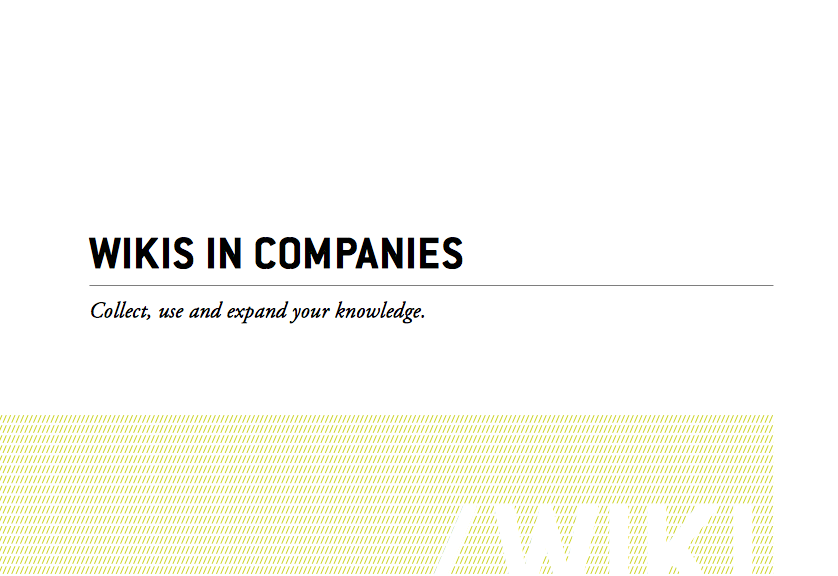Companies that want to convert from their current company wiki system to Confluence must overcome a few challenges: existing users are used to working with the platform, changing systems always involves trade-offs, and transferring existing content is complex and painful. In the previous article, we described these common challenges in detail. In this article, we will explain why the switch to Confluence is still a good idea and why the exhausting migration process is still worth the effort.
Challenges of migrating a company wiki to Confluence and why it is worth overcoming them (part 2)



